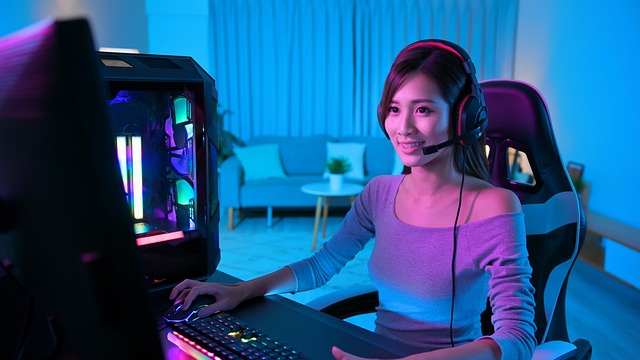Buying a computer can be an expensive process, but it’s not impossible to save money and find the best price. Here are a few tips to keep in mind.
Processor speed
Having a good processor speed can save you money on your computer. A faster CPU will allow you to do more tasks at one time, making your computer more efficient. This can also help you complete your tasks faster, which can lead to increased productivity.
The best processor speed for you will depend on your needs and your budget. If you are only looking for a general purpose computer, you can get by with a processor with a clock speed of 3-4GHz. However, if you want to play games or do video editing, you may need a faster processor.
You should also think about the number of cores on your processor. A four-core processor is great for running several applications at once. But if you want to play complex games, you will need a processor with at least eight cores.
You should also look for a processor that has a turbo boost. These boost speeds are controlled by the system.
Another factor to consider is the cache. There are three different sizes of processor on-board cache. The L1 cache is the fastest. This means that your processor will access the data faster, but it is physically farther away. The L3 cache is slower.
Screen resolution
Buying a new computer with a higher resolution is a waste of money if you don’t plan on doing any serious gaming. This is especially true for laptops with graphics cards that can’t handle the load. You may also want to consider a bigger monitor if you need to do any drawing on your screen.
For most normal desktop users, a 1080p resolution is a good start. However, for gamers, a lower resolution is a better bet. This is because higher resolution displays consume more power, which reduces battery life. In addition, it’s possible that your laptop motherboard doesn’t support the necessary RAM upgrades.
The display on your laptop may be small, but you can always scale it up, or down, if you don’t want to shell out for a larger display. You can do this by using a scaling software tool, such as the Windows screen scaling tool. This will allow you to maintain the aspect ratio of your display while maximizing the quality of your images.
Avoid buyer’s remorse
Whether it’s a small item or a large purchase, the chances of buyer’s remorse are higher when it involves more effort or commitment. The good news is that you can take steps to prevent buyer’s remorse and avoid making unnecessary purchases.
One of the best ways to prevent buyer’s remorse is to have a well-structured budget. This will help you think through every dollar you spend. This will also enable you to track how you are using your money. This will help you make better decisions when purchasing products.
Another way to avoid buyer’s remorse is by keeping a list of all the items you need. This will help you avoid impulse buying and save you money. You can also write down a calendar for any limited-time offers you come across. This way, you can schedule a time to buy the item, rather than impulsively making a purchase when you are unsure of what you want.
If you find yourself experiencing buyer’s remorse, try to pinpoint what went wrong. If you can pinpoint the reason for your remorse, you can see that it’s not as big of a deal as you initially thought.


